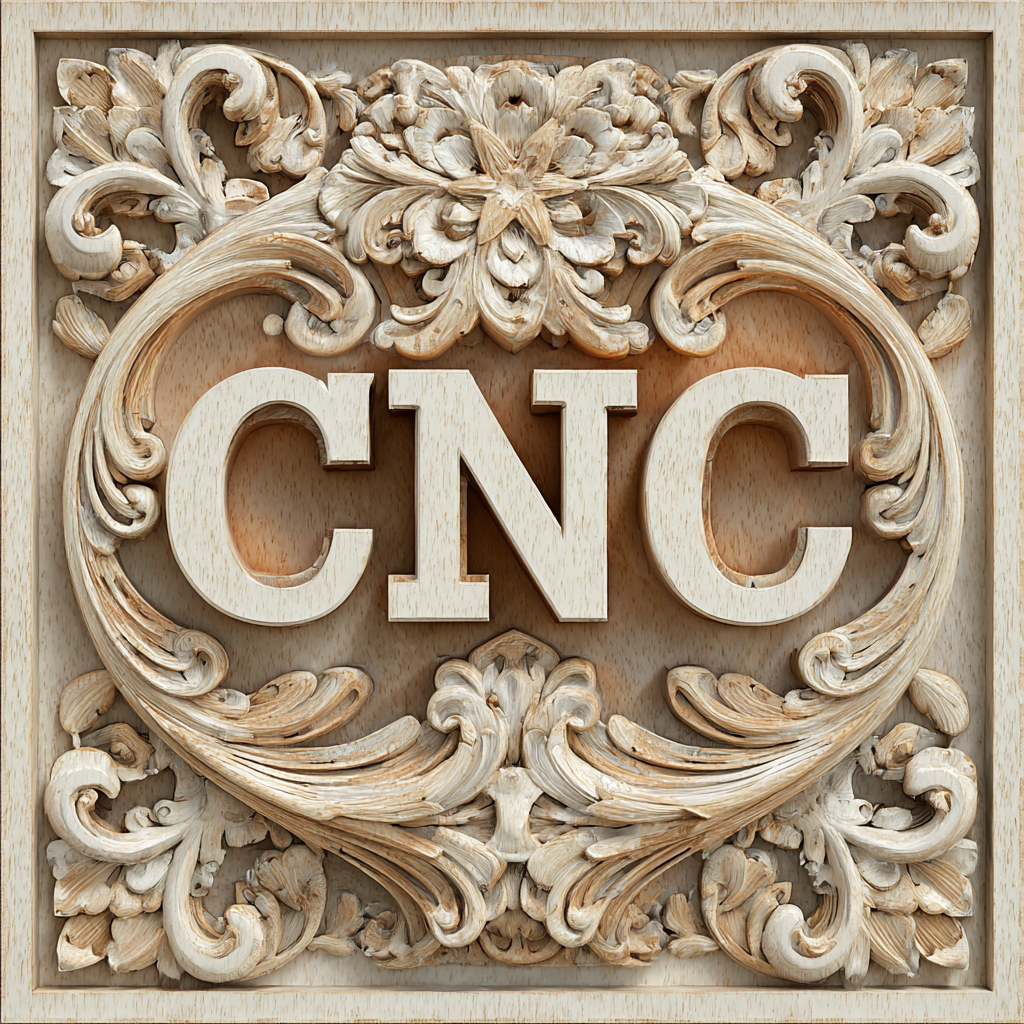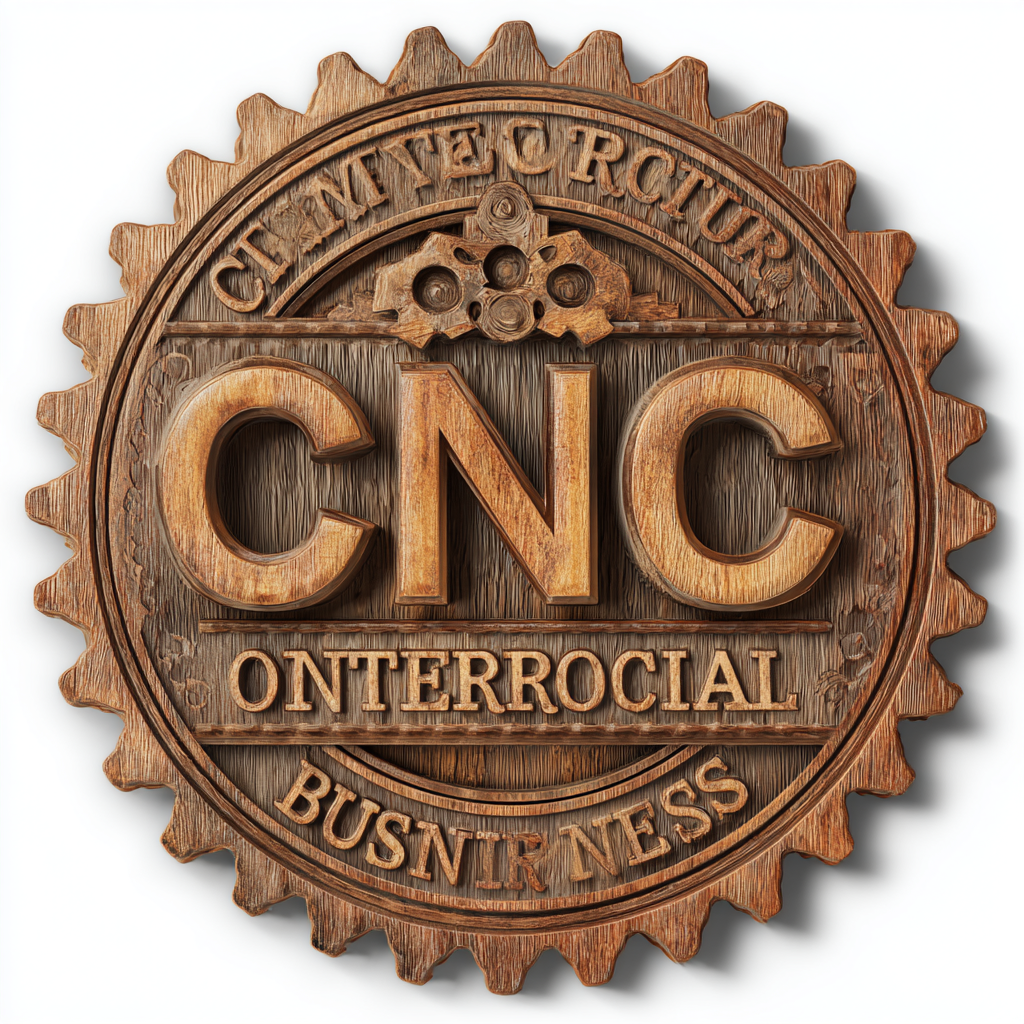Top Strategies for Choosing the Best CNC Router for Your Business Needs
As the manufacturing landscape evolves, the demand for precision and efficiency drives businesses to invest in advanced technologies like CNC routers. According to a comprehensive market analysis conducted for the industry by ResearchAndMarkets, the CNC router market is projected to reach USD 1.67 billion by 2025, expanding at a CAGR of 5.6% from 2020. This growth highlights the increasing reliance on CNC routers for a diverse range of applications, from woodworking to metal fabrication. With cutting-edge features and improvements in automation, choosing the right CNC router has become crucial for businesses aiming to enhance productivity and maintain a competitive edge. In this blog, we will delve into the top strategies for selecting the best CNC router tailored to your business needs, integrating insights from recent trends and market examples to guide your investment decision.

Understanding CNC Router Types and Their Applications in Manufacturing
When selecting a CNC router for your business, understanding the different types and their applications in manufacturing is crucial. CNC routers come in various forms, including 3-axis, 4-axis, and 5-axis models. According to a report by MarketsandMarkets, the global CNC router market was valued at approximately $1.2 billion in 2020 and is projected to reach $2.2 billion by 2026, demonstrating the growing demand for advanced manufacturing technologies. Each type of CNC router offers unique capabilities; for instance, 3-axis routers are commonly used for cutting and engraving, making them ideal for woodworking businesses, while 5-axis routers provide greater flexibility to create complex geometries, suitable for industries such as aerospace and automotive.

Furthermore, the application of CNC routers extends beyond wood; they're also used in metals, composites, and plastics. A survey conducted by the Association for Manufacturing Technology revealed that in 2021, 45% of manufacturers reported using CNC machinery for metal fabrications, highlighting the router's versatility. The ability to produce precision parts and minimize wastage aligns with the industry's push for efficiency and sustainability. By understanding these nuances, businesses can make informed decisions that align their CNC router choices with their specific operational requirements and growth objectives.
Evaluating Key Features: Precision, Speed, and Automation in CNC Routers
When selecting a CNC router for your business, evaluating key features such as precision, speed, and automation is critical to ensure optimal performance and efficiency. Precision is often quantified by the resolution of the machine, typically measured in microns. According to a report by Market Research Future, the demand for CNC machines with a precision rating of less than 0.01 mm is projected to grow significantly, driven by industries such as aerospace and automotive, where exact specifications are paramount.
Speed is another crucial factor, as it directly impacts production timelines and costs. High-speed CNC routers can operate at feed rates exceeding 15,000 mm/min, which can lead to increased productivity. A study from Technavio highlights that businesses adopting faster CNC routers have seen a reduction in lead times by up to 30%, allowing them to meet tight deadlines and improve customer satisfaction. Automation capabilities, such as tool changers and software integration, also enhance operational efficiency. Industry reports indicate that automated CNC routers can reduce labor costs by up to 20% while increasing throughput, making them an attractive investment for companies looking to scale their operations.

Assessing Material Compatibility: Choosing CNC Routers for Diverse Industries
When selecting a CNC router for your business, material compatibility is a critical factor to consider. Different industries utilize a wide variety of materials—including wood, metal, acrylic, and composites—each requiring specific cutting capabilities and techniques. For example, a router suited for woodworking may not perform optimally on metals, which necessitate higher speeds and robust tooling. Therefore, it's essential to evaluate the primary materials you intend to work with and ensure the CNC router can handle their unique properties.
Additionally, the desired finish and precision play a significant role in selecting the right CNC router. Industries like aerospace or medical devices demand incredibly high tolerances, which may require specialized routers with advanced features. On the other hand, a general woodworking shop might prioritize ease of use and versatility over precision. Understanding the specific requirements of your materials and the intricacies of your projects will guide you to the perfect CNC router that meets both quality and operational efficiency for your business.
Top Strategies for Choosing the Best CNC Router for Your Business Needs
| Industry | Material Compatibility | Recommended Router Features | Typical Applications |
|---|---|---|---|
| Woodworking | Hardwood, Softwood, Plywood | High Speed Spindle, Dust Collection | Cabinet Making, Furniture Production |
| Metalworking | Aluminum, Steel, Brass | Robust Frame, High Torque Motors | Manufacturing Parts, Custom Fabrication |
| Plastic Fabrication | Acrylic, PVC, Polycarbonate | Fine Detail Cutting, Adjustable Speed | Sign Making, Prototyping |
| Composites | Fiberglass, Carbon Fiber | Cooling System, Variable Feed Rate | Aerospace Parts, Auto Components |
Cost Analysis: Balancing Initial Investment and Long-term ROI for CNC Routers
When considering the purchase of a CNC router for your business, it’s crucial to conduct a thorough cost analysis to ensure that your initial investment yields significant long-term returns. According to a report by IBISWorld, the CNC machining industry has an annual growth rate of approximately 4.5%, illustrating strong demand for efficiency and precision which CNC routers can provide. Businesses must weigh the cost of high-end machines against their capability to streamline production. Investing in advanced features can enhance operational efficiency, potentially increasing productivity by up to 30%, according to a study from the National Institute of Standards and Technology.
Furthermore, while the upfront costs of premium CNC routers may seem daunting, they can often lead to substantial savings over time. Research indicated that businesses that choose quality equipment may experience a reduction in maintenance costs by as much as 20% due to better durability and fewer breakdowns. Additionally, the enhanced precision and speed can significantly lower material waste, translating to a direct impact on ROI. In fact, manufacturers that invest wisely in CNC technology can expect a payback period of 1-3 years, making the financial outlay a strategic decision for sustainable growth.
Cost Analysis of CNC Routers
Exploring Vendor Reputation and Support Services in the CNC Router Market
When selecting the best CNC router for your business, one critical factor to consider is the vendor's reputation and support services. As the industry evolves, companies that provide robust after-sale support can significantly influence your operational efficiency. Research shows that over 70% of businesses prioritize vendor support capabilities when making equipment investments, as reliable support can minimize downtime and ensure optimal performance.
In a recent analysis of market trends, the transport network automation sector highlighted that businesses leveraging automated solutions are experiencing a productivity boost of up to 30%. This trend is mirrored in the CNC router market, where advanced routers equipped with automation technology enable firms to enhance their production processes. Therefore, examining vendors not only for the quality of their equipment but also for their commitment to ongoing support and technological advancement becomes essential in making an informed decision for your operational needs.















